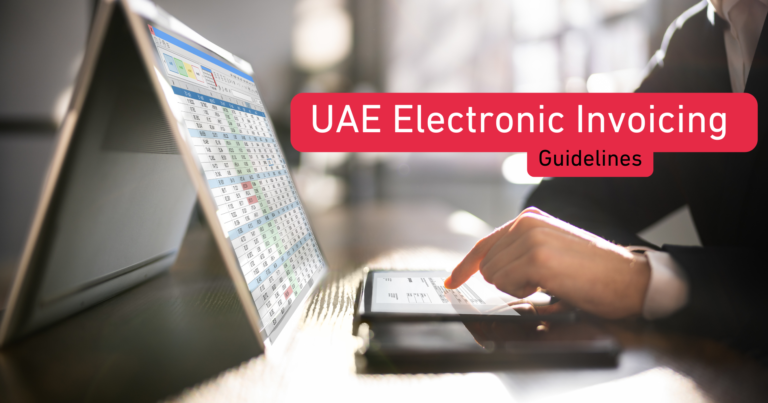
Dubai’s visa system has evolved to serve the needs of its diverse workforce and investors. In 2025, two of the most common pathways for professionals and entrepreneurs are the Dubai Work Visa and the Free Zone Visa. While both grant legal residency and work rights, they differ in eligibility, benefits, and restrictions. Let me explain the key differences so you can make the right decision for your career or business. Official resources like u.ae, ICP, and GDRFA Dubai provide the most accurate and updated guidelines, which I’ll reference throughout.
What is a Dubai Work Visa?
A Dubai Work Visa is issued when an employee is hired by a company registered on the mainland. The company acts as the sponsor and processes the visa through the Ministry of Human Resources and Emiratisation (MOHRE) and the General Directorate of Residency and Foreigners Affairs (GDRFA).
Key Features
• Valid for 2–3 years, renewable.
• Sponsored by an employer.
• Employee can work only for that sponsoring company.
• Residency linked to employment contract.
What is a Free Zone Visa?
A Free Zone Visa is issued by one of Dubai’s many free zone authorities (such as DIFC, DMCC, Dubai Internet City). It allows individuals to work for companies established within that free zone.
Key Features
• Valid for 2–3 years, renewable.
• Sponsored by a free zone authority or employer within the free zone.
• Can work only in that specific free zone company.
• Simplified setup for entrepreneurs and startups.
Differences Between Dubai Work Visa and Free Zone Visa
| Aspect | Dubai Work Visa | Free Zone Visa |
|---|---|---|
| Sponsor | Mainland employer | Free zone authority or company |
| Work Scope | Anywhere in UAE | Restricted to free zone or free zone-licensed companies |
| Ownership | Foreign ownership requires local sponsor (unless under 100% ownership reforms) | 100% foreign ownership allowed in most free zones |
| Process | Through MOHRE & GDRFA | Through free zone authority & GDRFA |
| Cost | Typically lower for employees | May be higher, especially for entrepreneurs |
| Flexibility | Changing jobs requires NOC from employer | Easier transfer within free zones |
Benefits of Dubai Work Visa
• Access to the entire UAE labor market.
• Recognition by all UAE government bodies.
• Lower costs for employees as companies cover sponsorship.
Benefits of Free Zone Visa
• 100% business ownership in free zones.
• Quick and simplified setup.
• Attractive for startups, freelancers, and international investors.
Application Process
Dubai Work Visa:
1. Employer applies for work permit at MOHRE.
2. Entry permit issued.
3. Medical test, Emirates ID registration, and residency stamping via GDRFA.
Free Zone Visa:
1. Application through free zone authority (DIFC, DMCC, etc.).
2. Entry permit issued.
3. Medical test, Emirates ID registration, and residency stamping via GDRFA.
FAQs
Q1: Can I switch from a free zone visa to a mainland work visa?
Yes, but you must cancel the free zone visa and apply under a mainland sponsor.
Q2: Which visa is better for entrepreneurs?
Free zone visas are more flexible, allowing 100% ownership and quick company setup.
Q3: Can family members be sponsored under both visas?
Yes, both allow family sponsorship if the salary threshold is met (AED 4,000 or AED 3,000 + accommodation).
Recommendations
• If you’re seeking employment with an established company serving across the UAE, choose a Dubai Work Visa.
• If you’re an *entrepreneur or freelancer, or want 100% business ownership, a *Free Zone Visa is ideal.
• Always verify details with official portals: u.ae, ICP, and GDRFA Dubai.
Conclusion
Both the Dubai Work Visa and Free Zone Visa provide excellent opportunities in 2025, but each caters to different needs. Mainland work visas are best for employees in large firms, while free zone visas empower entrepreneurs and global investors. The key is to align your choice with your career or business goals.


